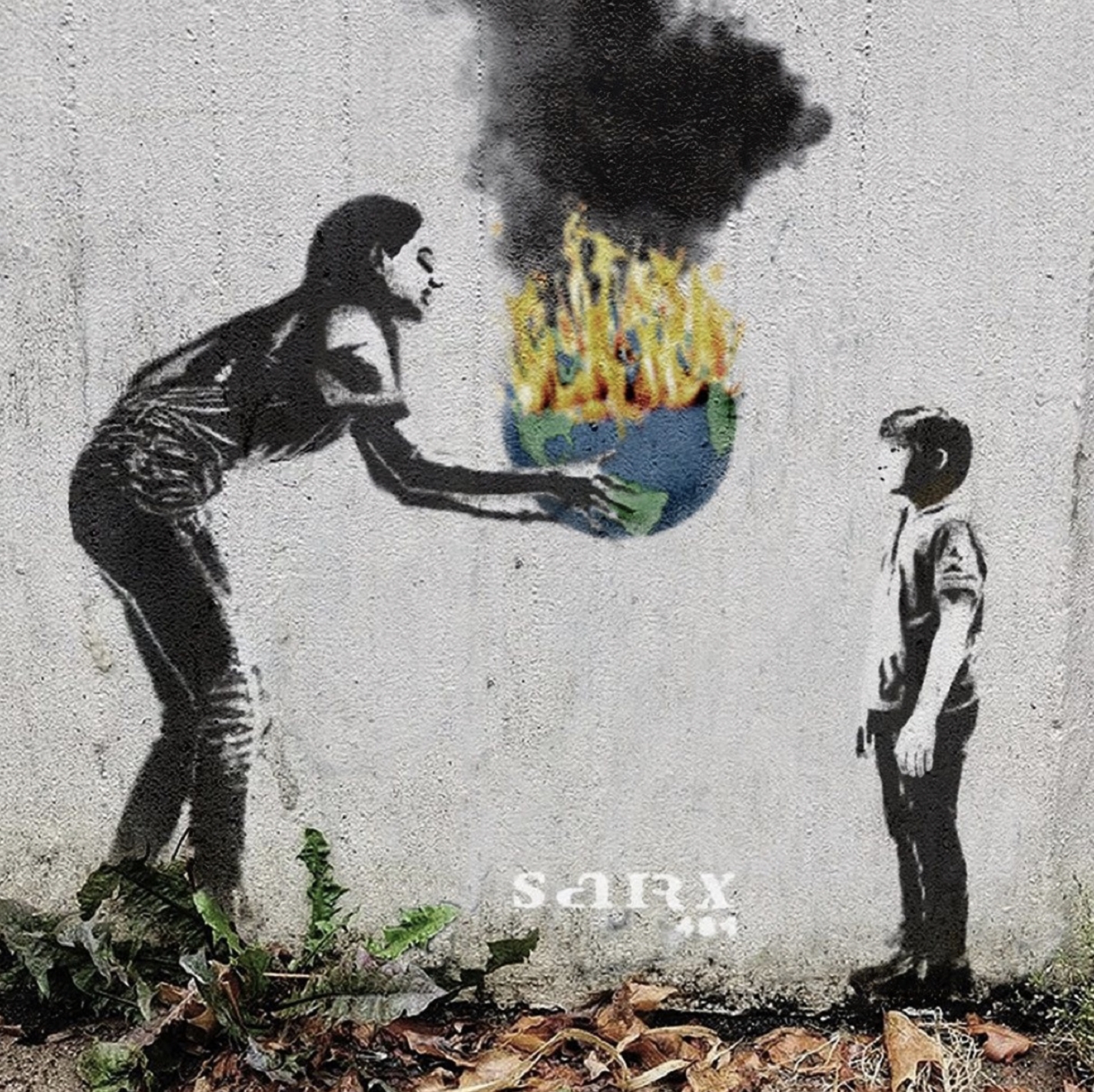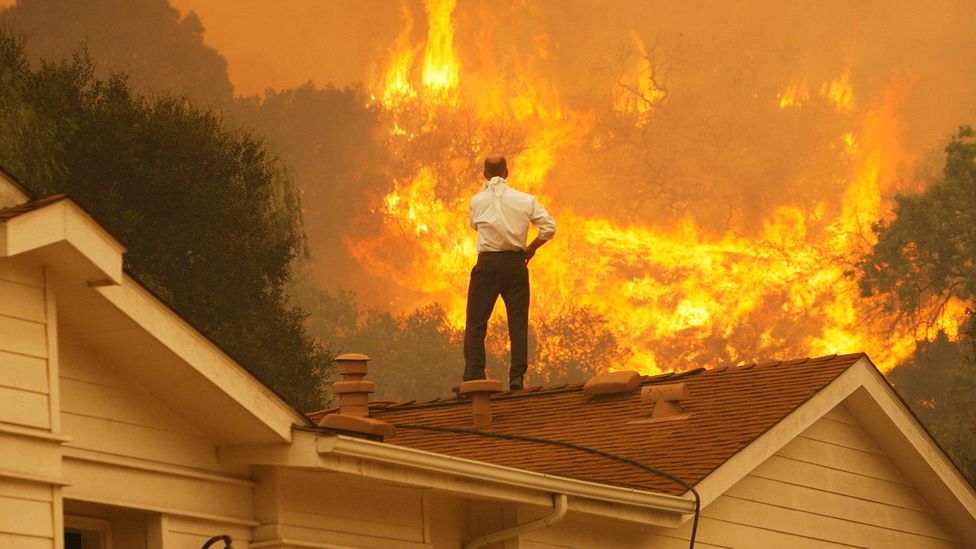Originally written as my contribution to the Jihlava Inspiration Forum book, October 2022

The following is my response to the invitation for a brief 1,000 word reflection on the topic:
“How should we transform our relationships for the future? And what can each of us do about it?”
![]()
Transforming our relationship ~with~ the future
“The crisis we face is fundamentally one of relating”
The more deeply I reflect on these words from the extraordinary Eve Annecke, the more truth they reveal.
And indeed, useful truth… of that special kind that opens real, practical paths for transforming our future. [i]
That said, I must be clear.
My own dark optimism does not permit me to convey the popular idea that our future can be “anything we dream”; nor even that it will be bright, at least in any common sense of the word. Quite to the contrary, our time is one of lessons long ignored coming back to bite.
Our time is one in which the common assumption that our children will be better off than us has already quietly reversed. One in which the hard consequences to hubris come starkly into view, even as we stubbornly insist that our destiny is off-world, exploring the stars…
So you may be sure I do not mean to imply that the coming years will be easy, or fair. But nonetheless, yes, even amidst these dark realities, it holds true that our ways of relating hold the key to transforming our future. I hear it everywhere.
The birds in my beloved forest tell me this, when I listen to their songs at dusk. Their cultures and kin have been decimated by ours yet, listen as I might, I hear no note of reproach in their music. Only a joyous outpouring at the miracle of being alive. If there is a message to humanity therein, it is only the ever-open hand, inviting us back to our birthright.
The greedy, ugly people tell me this, as I learn what it is to love them by not accepting their actions, by challenging them to be otherwise. By being more grateful for their potential than their reality, and relentlessly perceiving that in them.
The cells in my body tell me this, when they thrum with the excitement of a loving moment, an easy laugh or a wild dance, in spite of all that my mind knows of suffering and inevitability.
The past teaches me this, as the lessons we failed to learn return over and over. As the quiet taps of reality at our window strengthen and accumulate and threaten to blow out our doorframes.

As we shift our ways of relating to all these beings and more, we change our reality. The timbre of our days transforms, the focus of our hours shifts and the feeling of the whole world becomes different. At least to us.
After all, we see things not as they are, but as we are. And so if we want to change the world, we need not only change what we do, but how we see. Change what occupies and engages us.
This is the secret, I think, that Eve Annecke’s words gesture towards.
As the future we thought we were living into crumbles around us — and all things move towards their end, we may be sure — my late mentor David Fleming speaks from his own grave, [ii]
“We know what we need to do.
We need to build the sequel; to draw on inspiration which has lain dormant, like the seed beneath the snow.”
Daring souls like these point the way. We need not relate to the future with entitlement — and its brother, disillusionment — but can instead choose humility and joy.
We have the capacity to make this world — our lives, and those of all here with us — better than they would otherwise be. A chance to live lives of meaning and purpose, alongside others we love and respect, in defiance of all that is wrong around us.
What more have we ever had the right to ask of life?
So let us transform our relationship with the future that we are all too quickly living into, and in so doing transform our relationships with our human kin, with the more-than-human world, with our past, with ourselves.
What does this look like in practice?
Deliciously, it looks like everything we miss in the mainstream, oversaturated, overbusy, superficial world. It looks like all the things we naturally do when not otherwise compelled by economic necessity; it looks like music, play, family, time uncounted, activism, friendship, romance and home. It looks like learning to live cheaply so that we don’t have to sell our hours. It looks like giving those hours to our passions and friends. It looks like finding a far-deeper security in relationships than we will ever find in money. It looks like truly encountering the natural world, and hearing what she has to say. [iii]
Above all, it looks like refusing to accept the lie that the dominant culture is too strong, too powerful, to ever be reshaped. On the contrary, to my way of seeing it appears on its last legs, leaving it up to us to shape the sequels; to create radically alternative lives and cultures of fierce inspiration and joy.
Do you remember the time..? That time you encountered such a person or place..? The tentative opening of your heart to the notion that such magic might still be possible, in such a grey age. There it was — clear as day — somehow surviving or thriving in the cracks in the mainstream.
It’s time to widen those cracks by living inside them, by awakening others’ hearts into bravery, by claiming the power we each hold to reshape the future for ourselves and those around us. [iv]
That’s the path we’ve chosen, here at The Happy Pig, and through so doing have discovered that deep mix of grief and joy that living wholeheartedly through our time brings. [v] A tender mix that — just as the birds promised — can transform our relationship with everything.

[i] It seemed a passing comment at the time, during that winter’s online gathering for Surviving the Future: The Deeper Dive:
https://www.ce.sterlingcollege.edu/surviving-the-future
Since then I have also read Eve Annecke’s weird and wondrous piece Living in a River, delving deeper, https://www.earthed.world/living-in-a-river
[ii] David Fleming, from the introduction to Lean Logic: A Dictionary for the Future and How to Survive It, available at:
https://leanlogic.online/introduction-david-fleming/
[iii] For inspiration, see:
https://leanlogic.online/encounter/
[iv] Shaun Chamberlin, Dark Optimism, “Humanity, not just a virus with shoes”,
https://www.darkoptimism.org/2019/08/06/humanity-not-just-a-virus-with-shoes/
[v] For more about the author’s home at The Happy Pig in Ireland, see:
https://mstdn.social/@DarkOptimism/109410285273214948

